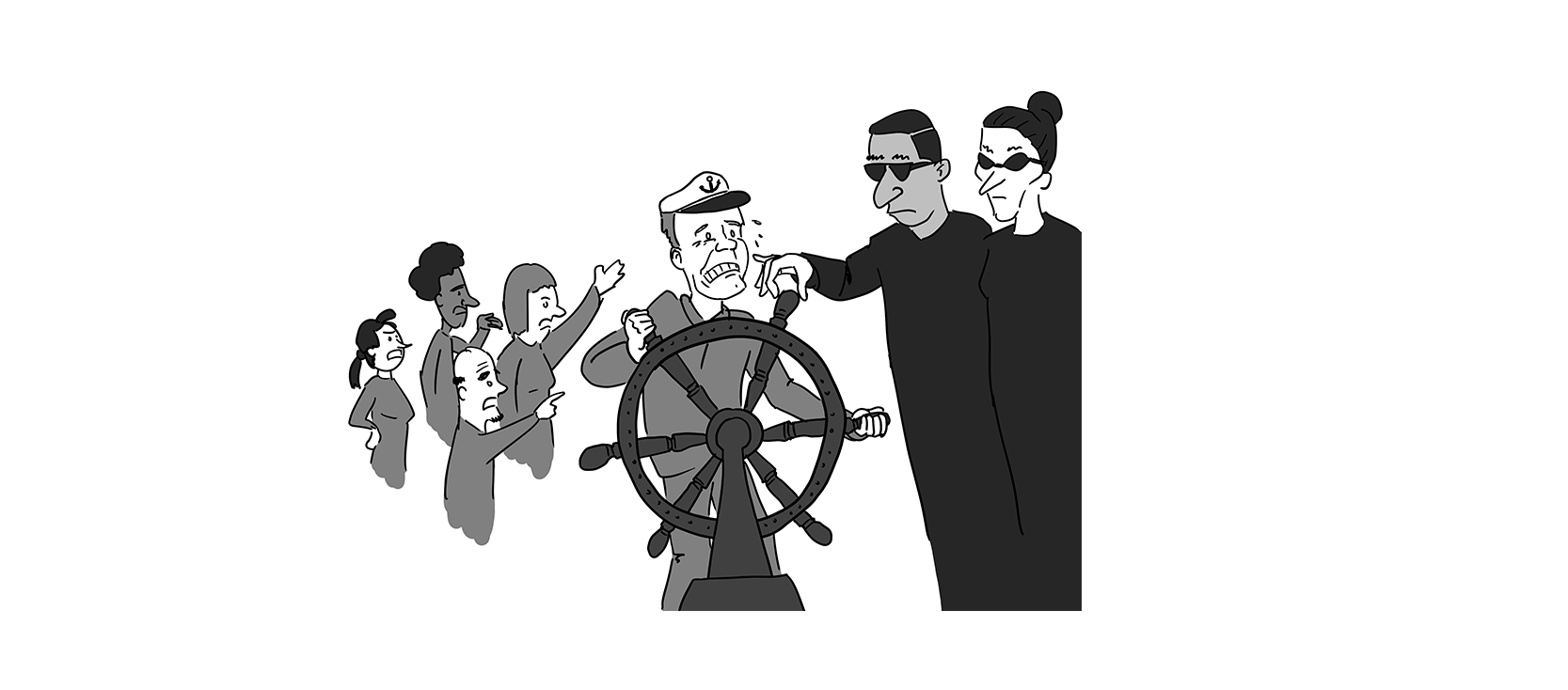A failed experiment, an error in your model, a rejected article: in academia such things tend to be labelled failures. And do we talk about them? No way! But in this feature, WUR co-workers do just that. Because failures are useful. In this instalment, we hear from Iris van Damme, a PhD student in the Department of Human Nutrition and Health.
‘The unique thing about my PhD research was that there was no research question when I started. I enjoyed the freedom that gave me, but it also took time.
I wanted to develop better dietary guidelines for people with type 2 diabetes, but there are already a lot of publications on that subject.
I had to go back to the drawing board even though I’d been at it for a year
What was innovative was that we conducted an RCT (a randomized study with a control group, ed.), in which we tracked people for more than a year. But it was difficult to decide on the control group. You are not going to deliberately put people on an unhealthy diet. I wanted patients and healthcare professionals to be involved in the research design, but it took a long time to arrange that.
Due to time pressure, I started writing up the research plan in advance. I should not have done that, because when I had everything on paper, both patients and dieticians doubted whether my research group was different enough to my control group. I had to go back to the drawing board, even though I’d already been at it for a year. I lost sight of my goal, and no longer knew what I could contribute to the science on this topic.
But I went on holiday and managed to get some distance from it all, and realized that there is more to life than a PhD project. But at the same time, the time pressure galvanized me into action. I came up with a new relevant focus: increasing the fibre intake of the intervention group.
But six months later, the Medical Ethics Review Committee cast doubt on that very relevance. After that I was grumpy and sad for a week. Then I sharpened my research question and the committee approved that improved version. Much relieved, I could start doing the research after 18 months of preparation. As a PhD student you are still allowed to learn, so I never really felt like I was failing. I learned to invest more time in getting the research question clear – whether or not by involving the target groups – before writing a research plan. And not to be afraid to ask for input early on. I now take that into account in my research and when I develop new research proposals.’

 Illustration Stijn Schreven
Illustration Stijn Schreven 

